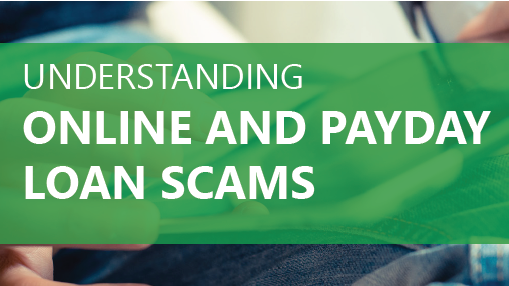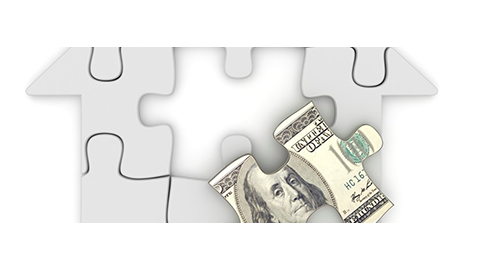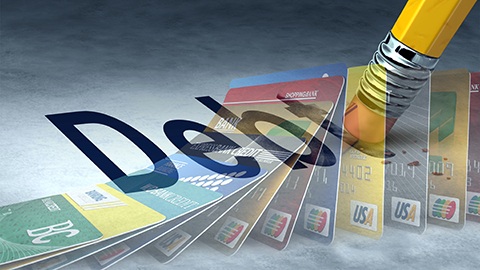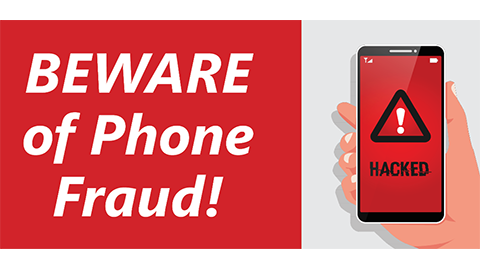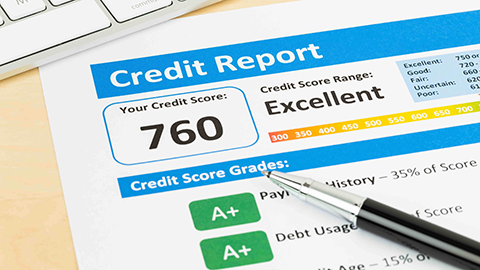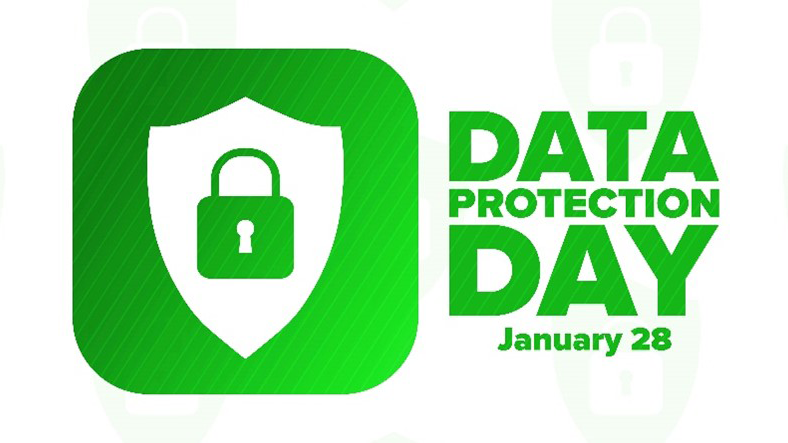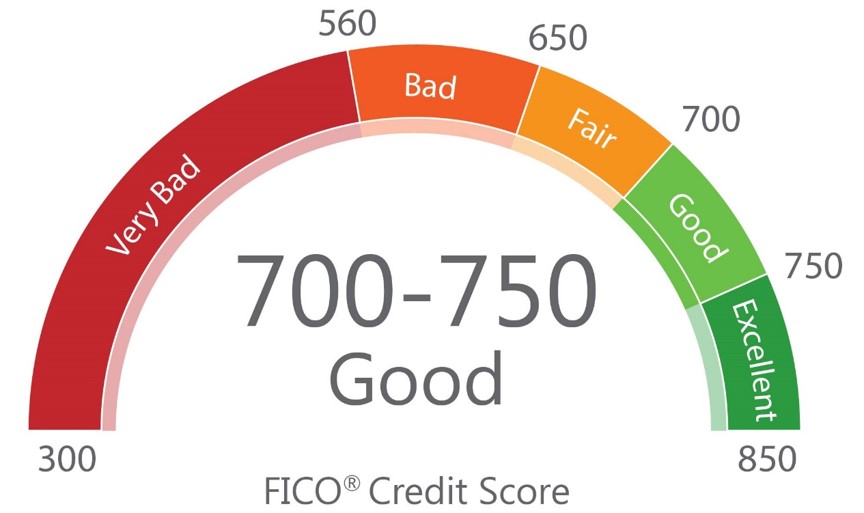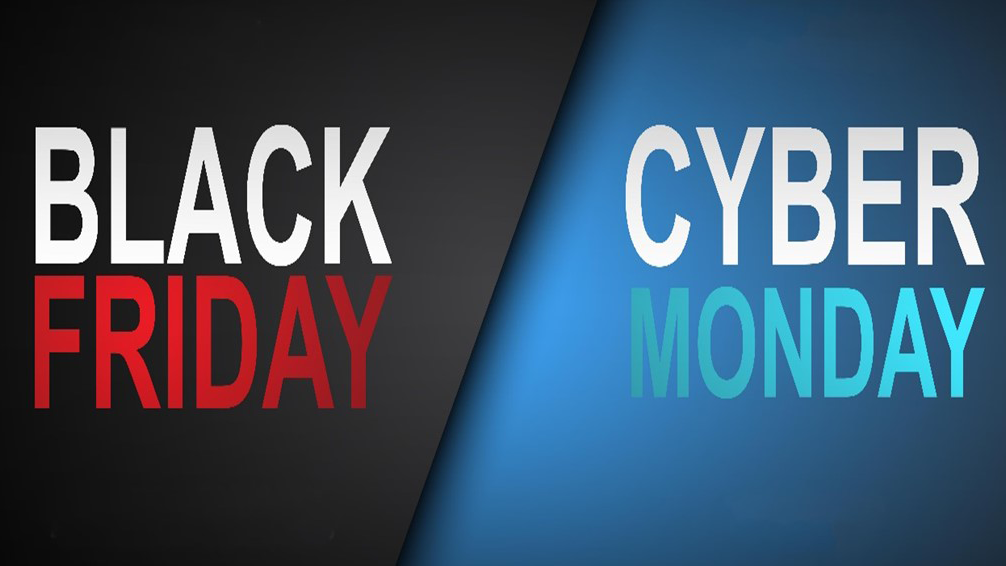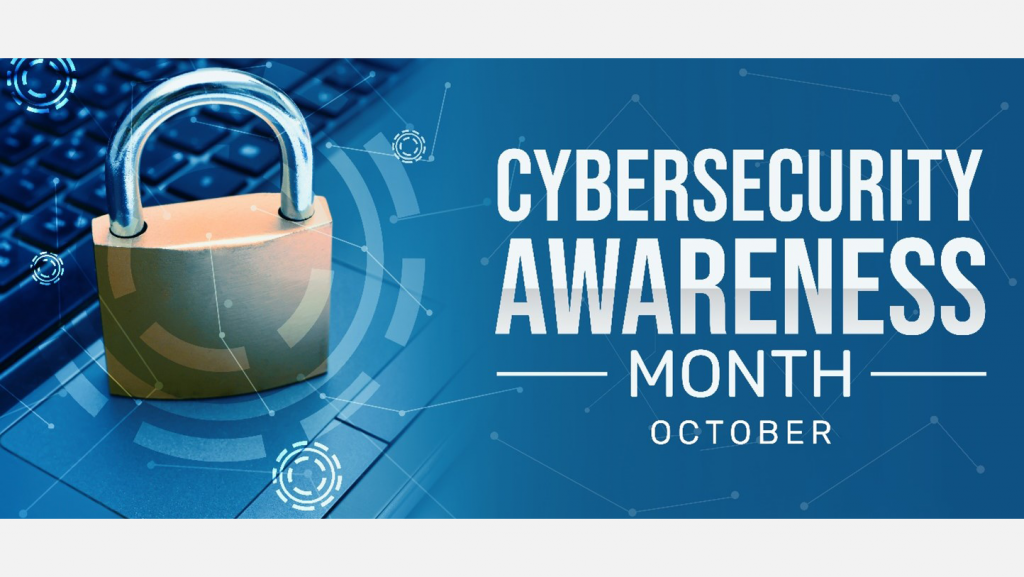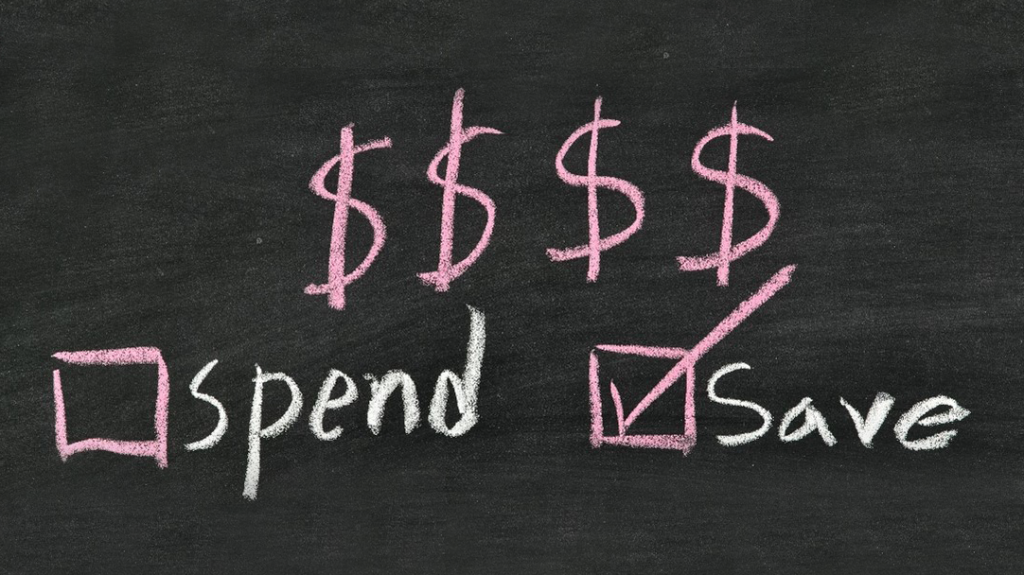
Crop insurance is one of the best tools available today to manage financial risk in the agriculture industry due to the unpredictability of mother nature. This type of insurance provides a safety net for protecting farmers from financial loss caused by events beyond their control called “covered perils.” Such events are droughts, floods, storms, fires, pests, disease and even market fluctuations.
Historically, crop farmers only purchased Hail Insurance, then in 1980 the Federal Crop Insurance Act was established. Federal Crop Insurance was designed to protect a guaranteed yield based on historical yields of a farm; this is also called yield based. The industry changed dramatically in 1996 when a product called Crop Revenue Coverage was designed and brought to market.
Crop Revenue Coverage allowed a farmer to protect not only their yield but it placed some protection on the respective commodity prices; this is also called revenue based. The new coverage also gave the farmer the ability to “lock in” a Revenue Guarantee on each acre that is produced. This became a major game changer in U.S. grain production.
When farmers invest in insurance for crops, whether FDA backed or private sector, they have helped mitigate certain risks by providing financial compensation support, which can be the difference between recovery or financial disaster. Furthermore, crop insurance also supports the food industry. By protecting farmers’ incomes and livelihoods, it ensures a more stable food supply. This stability benefits not only farmers, but also consumers by maintaining consistent availability and pricing of food products.
Crop production is a risky business, but with the right crop insurance you have a greater chance of having a more profitable outcome as a landowner. If you are a landowner who is leasing their property for share crop leases, an RCB Bank Farm and Ranch Representative would be happy to talk with you today on how to meet your goals.
Opinions expressed above are the personal opinions of the author and meant for generic illustration purposes only. RCB Bank is a community bank with locations across Oklahoma and Kansas. Founded in 1936, RCB Bank is committed to serving its communities with conservative banking practices and progressive banking products. Investment products are not insured by FDIC. Not a deposit or other obligation of or guaranteed by the depository institution. Subject to investment risk, including possible loss of the principal amount invested. Wealth advisors do not provide tax, legal or accounting advice. Seek advice from a professional tax consultant. Learn more at RCBbank.bank or give us a call at 855.BANK.RCB.
Sources:
Crop Insurance 101: The Basics | Market Intel | American Farm Bureau Federation (fb.org)
History of the Crop Insurance Program (usda.gov)



